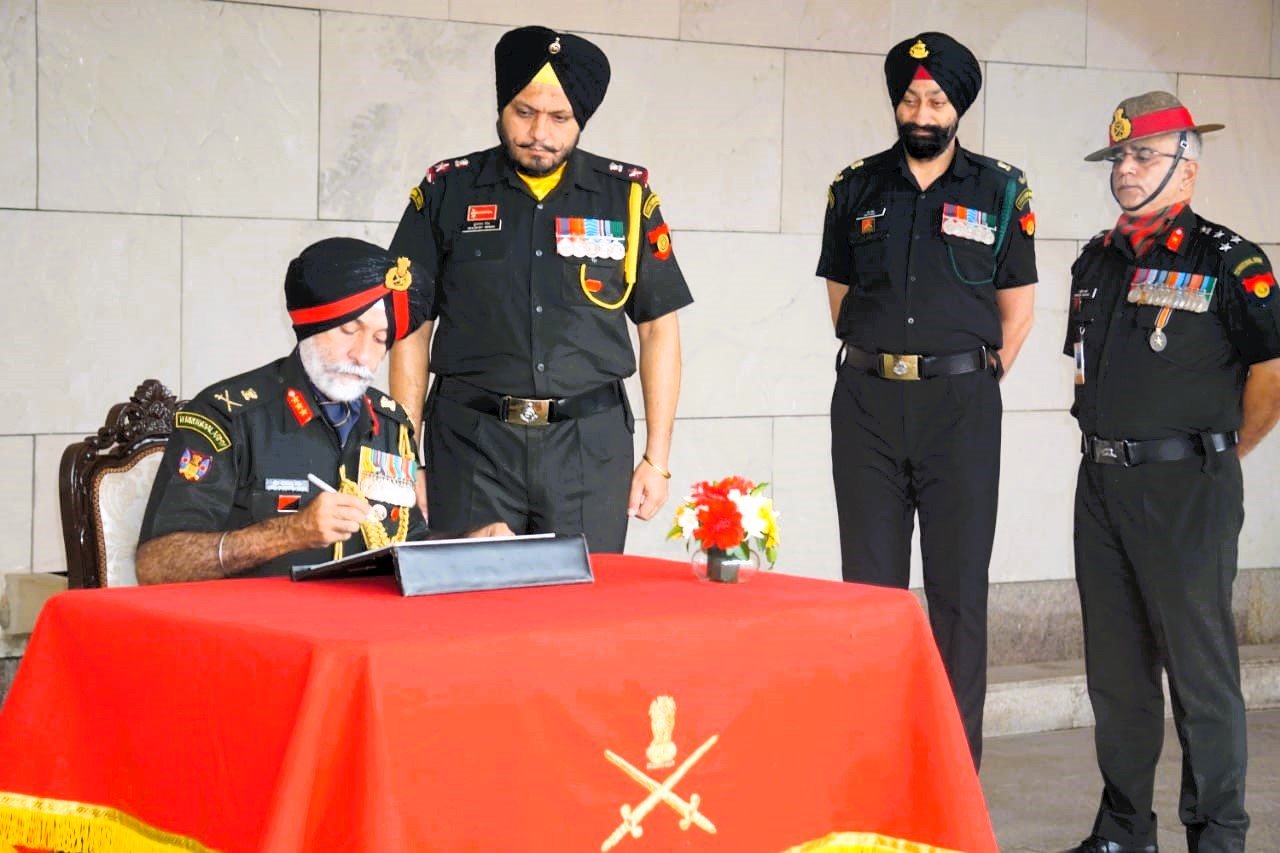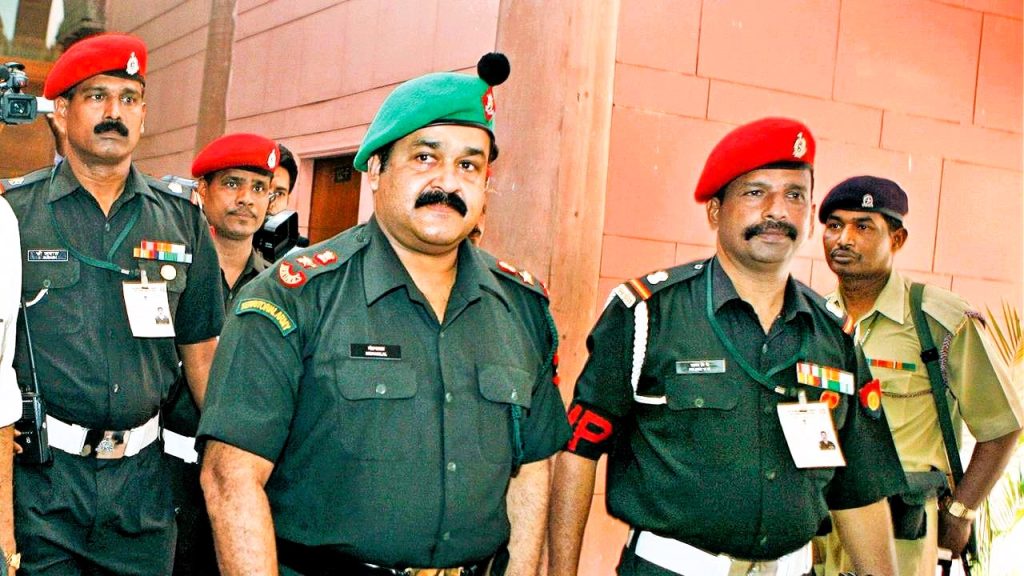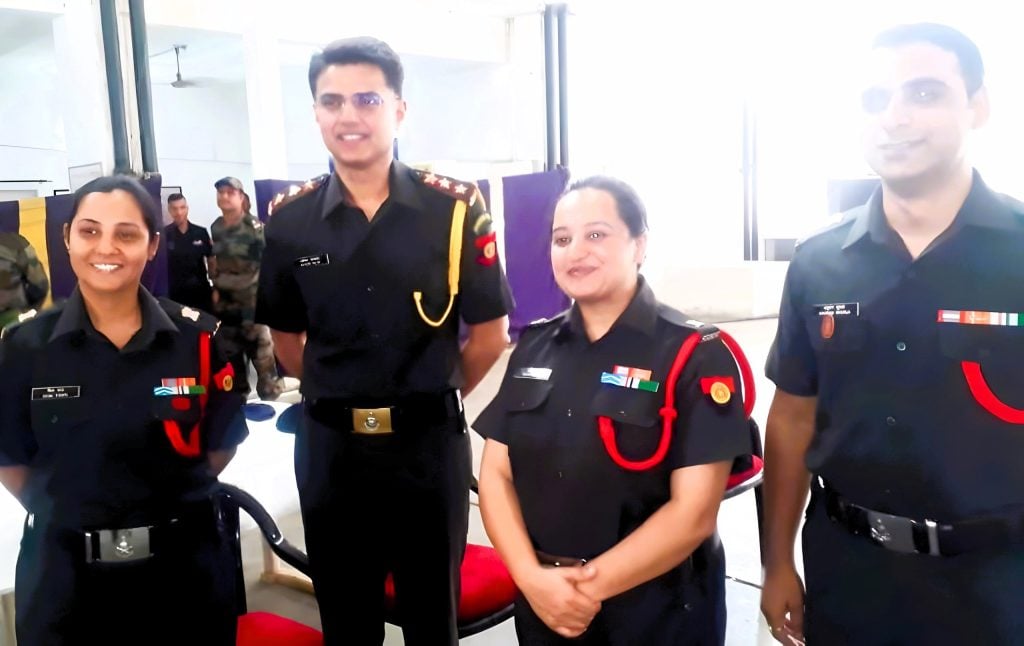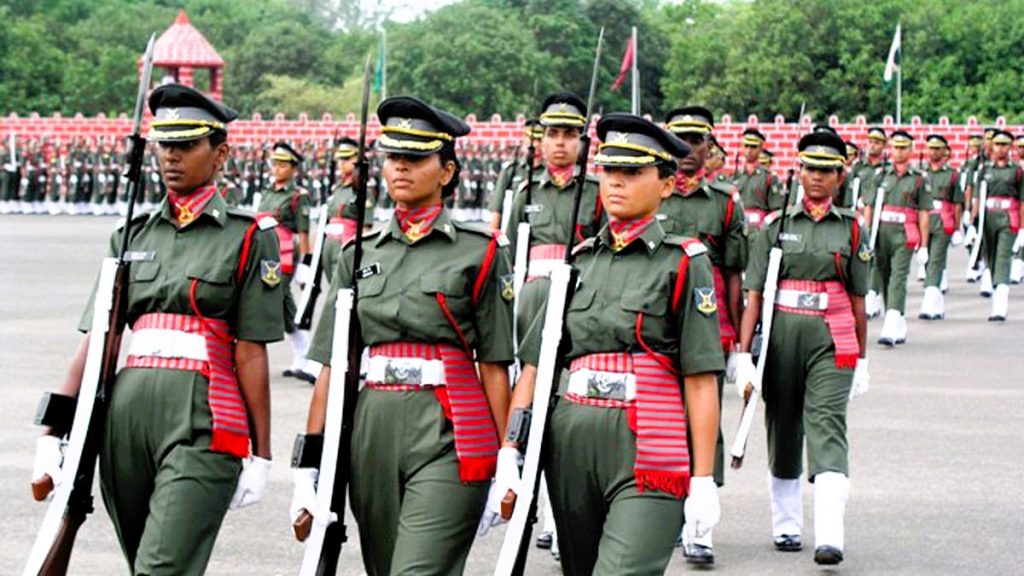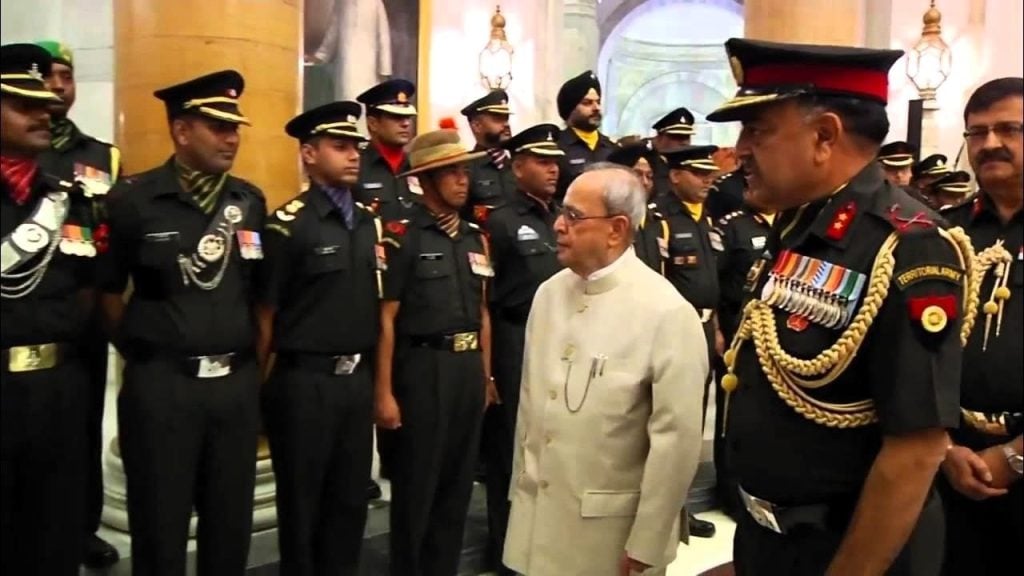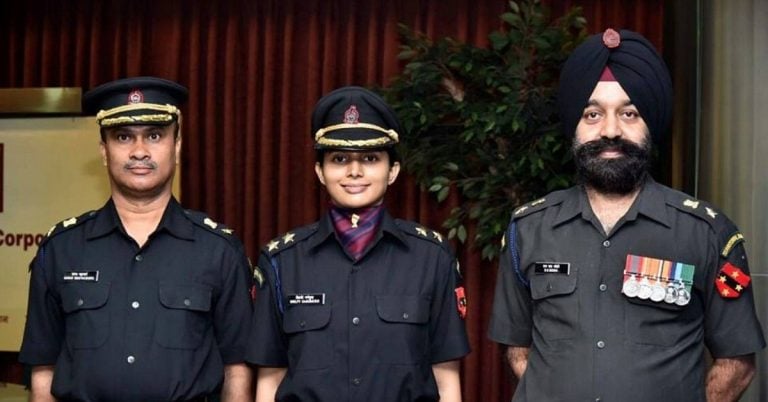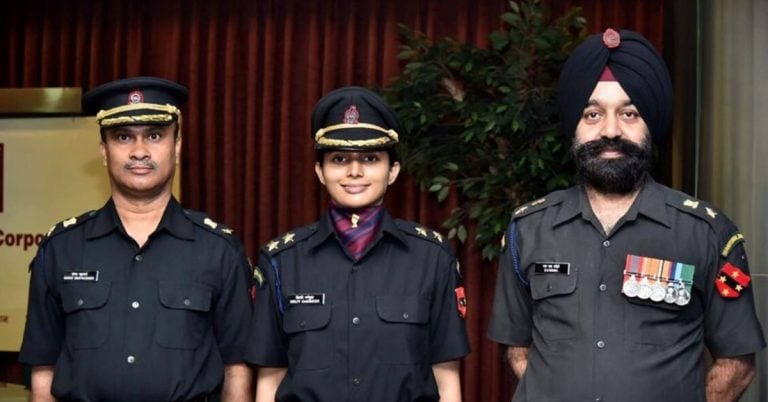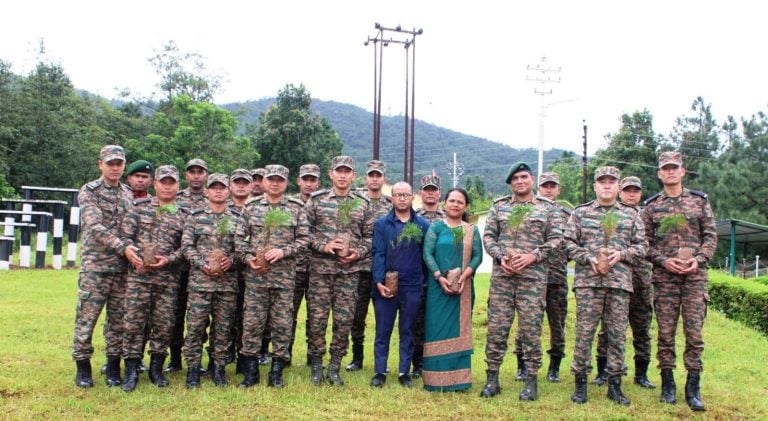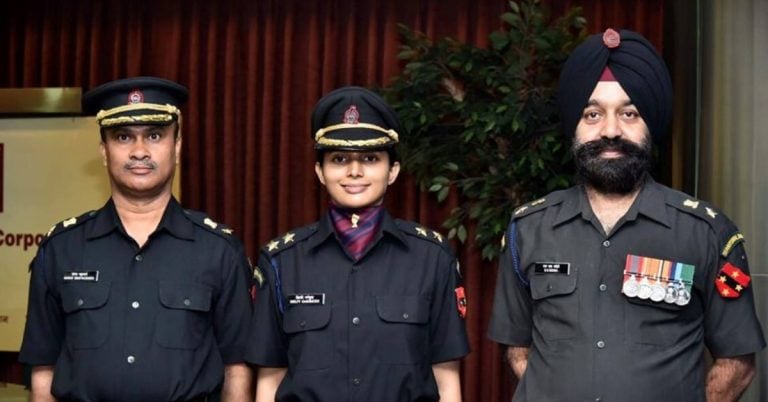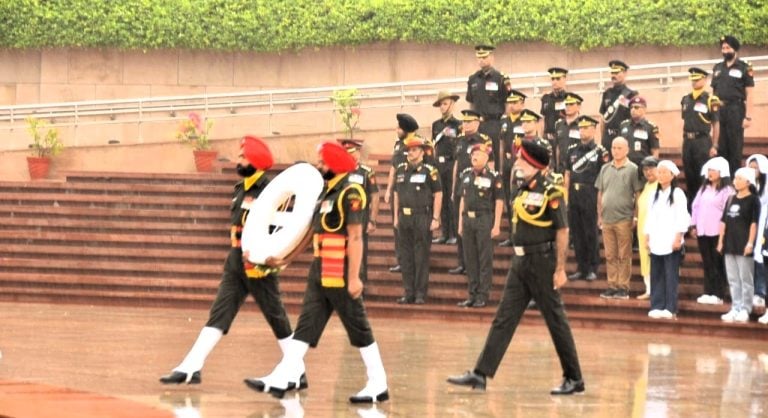The Territorial Army Exam is a crucial step for those looking to join the country’s secondary defense forces. Unlike the regular army, which requires year-round commitment, Territorial Army (TA) troops serve part-time. This allows individuals to pursue their civilian careers while contributing to national security. The Territorial Army Officer Exam evaluates candidates on logical thinking, elementary mathematics, general knowledge, and English language proficiency. To succeed, candidates need a comprehensive preparation strategy. This guide will provide detailed insights and tips to help you crack the Territorial Army Officer Exam on your first attempt.
Exam Overview
Particulars and Details
| Exam Name | Territorial Army Officer Recruitment |
|---|---|
| Organized by | Territorial Army |
| Official Notification | Territorial Army |
| Exam Type | Civilians: Objective type; Ex-Servicemen: Interview |
| Exam Phases | Written exam and Interview |
| Exam Level | National |
| Papers | 2 |
| Exam Timing | 2 hours each |
| Category of Exam | Graduation |
Preparation Tips for the Territorial Army Officer Exam
Start Early and Stay Consistent
The TA exam requires consistent preparation over a period of time. The syllabus may appear simple, but it’s essential to start early to cover all topics thoroughly.
Create a Study Schedule
Crafting a study schedule tailored to your strengths and weaknesses is crucial. Allocate more time to difficult subjects while ensuring other subjects receive adequate attention.
Focus on English
English questions in the TA exam are straightforward and provide an excellent opportunity to score well. Utilize mock tests and quizzes from reliable sources to enhance your preparation.
Personal Interview Preparation
The personal interview by the Personal Interview Board covers broad topics such as your family, job, and goals. Stay calm, be honest, and remain confident during the interview.
SSB Round
The Service Selection Board (SSB) round spans five days and includes various activities like psychological tests, written tests, verbal assessments, group tasks, and physical activities. Approach this phase with a positive mindset and thorough preparation.
Stay Updated with Current Affairs
For subjects like general knowledge and awareness, staying updated with the latest developments is crucial. Regularly read newspapers and follow reliable news sources.
Territorial Army Officer Exam Pattern
Understanding the exam pattern is vital before beginning your preparation. The Territorial Army exam pattern for non-departmental civilian posts includes a written test followed by an interview, SSB assessment, and a medical board for final selection.
Written Exam Structure
The written test is divided into two parts:
- Paper-I: Logical Reasoning and Elementary Mathematics
- Paper-II: General Knowledge and English
The exam comprises 200 objective-type questions, each paper lasting 2 hours and carrying 100 marks. The standard of questions in Elementary Mathematics is at the Class 10 level, while other subjects are of graduate-level quality.
Exam Pattern Details
| Paper | Subject | Time Allotted | Number of Questions | Marks |
|---|---|---|---|---|
| Paper 1 | Logical Reasoning | 2 hours | 50 | 50 |
| Elementary Mathematics | 2 hours | 50 | 50 | |
| Paper 2 | General Knowledge | 2 hours | 50 | 50 |
| English | 2 hours | 50 | 50 |
Exam Pattern for Ex-Servicemen
Ex-servicemen only undergo the interview round, bypassing the written test. The selection process includes a Preliminary Interview, SSB assessment, and a medical test.
Subject-Wise Preparation Strategy
Paper-I: Logical Reasoning
Logical reasoning is a common criterion in competitive exams. Focus on both nonverbal and verbal reasoning skills, including pattern perception, rule detection, analogies, logical sequences, and syllogisms.
Tips for Logical Reasoning
- Review Basics: Revisit elementary school math to strengthen your foundational knowledge.
- Understand Formulas: Learn and comprehend various question formulas.
- Practice Regularly: Solve problems consistently to remember and apply formulas effectively.
- Graduate-Level Preparation: Ensure your logical reasoning skills meet graduate-level standards.
Elementary Mathematics
A strong grasp of elementary mathematics is essential. Focus on fundamental concepts and practice problem-solving to enhance your analytical skills.
Tips for Elementary Mathematics
- Solid Fundamentals: Ensure a thorough understanding of basic math concepts.
- Categorize Problems: Divide different types of problems and practice solving each category.
- Daily Practice: Dedicate an hour daily to solving math problems from preparatory books.
Paper-II: General Knowledge
General knowledge assesses your awareness of national and international current events. Stay well-informed about various aspects of society, economics, and politics.
Tips for General Knowledge
- Read Newspapers: Follow reputable newspapers like The Hindu, Business Standards, and The Indian Express.
- Subscribe to Online Content: Use websites and intelligent news programs to stay updated.
- Current Events: Keep track of events for at least the previous six months.
General English
The English section tests your basic understanding of the language and grammar. Focus on comprehension, vocabulary, and fundamental grammar concepts.
Tips for General English
- Read Regularly: Enhance your English skills by reading articles and books that interest you.
- Elementary Grammar: Start with basic grammar books to solidify your language foundation.
- Practice Exercises: Engage in exercises on synonyms, sentence completion, error spotting, and more.
Detailed Study Plan
Creating a detailed study plan is crucial for structured preparation. Here’s a suggested plan to help you organize your study time effectively:
Weekly Study Plan
| Week | Subjects | Topics | Time Allocation |
|---|---|---|---|
| 1 | Logical Reasoning | Basics, Analogies, Pattern Perception | 2 hours/day |
| 2 | Elementary Mathematics | Arithmetic, Algebra, Geometry | 2 hours/day |
| 3 | General Knowledge | National Affairs, International Affairs | 1 hour/day (reading) |
| 4 | English | Grammar, Vocabulary | 1.5 hours/day |
| 5 | Logical Reasoning | Syllogisms, Logical Sequences | 2 hours/day |
| 6 | Elementary Mathematics | Trigonometry, Statistics | 2 hours/day |
| 7 | General Knowledge | Economics, Politics | 1 hour/day (reading) |
| 8 | English | Reading Comprehension, Sentence Organization | 1.5 hours/day |
| 9 | Logical Reasoning | Mixed Problem Sets | 2 hours/day |
| 10 | Elementary Mathematics | Mixed Problem Sets | 2 hours/day |
| 11 | General Knowledge | Review and Updates | 1 hour/day (reading) |
| 12 | English | Mock Tests, Practice Papers | 1.5 hours/day |
| 13 | Mock Tests | Full-length Mock Tests (All Subjects) | 3 hours/day |
| 14 | Revision | Focus on Weak Areas | 2 hours/day (focused revision) |
Monthly Revision Plan
| Month | Focus Areas | Activities |
|---|---|---|
| 1 | Basics and Fundamentals | Study core concepts, solve basic problems |
| 2 | Intermediate Topics | Engage in intermediate-level problems and exercises |
| 3 | Advanced Problems and Mock Tests | Solve advanced problems, take mock tests |
| 4 | Full-Length Mock Tests and Review | Take full-length mock tests, review and revise weak areas |
Conclusion
Cracking the Territorial Army Officer Exam on your first attempt requires a well-structured preparation strategy, consistent effort, and thorough understanding of the exam pattern and syllabus. By following the detailed study plan, focusing on key subjects, and utilizing recommended resources, you can enhance your chances of success. Start early, stay dedicated, and approach the exam with confidence. All the Best!
FAQs
1. How is the Territorial Army different from the regular army?
The Territorial Army (TA) is a part-time commitment, allowing individuals to serve in the defense forces while maintaining their civilian careers. In contrast, the regular army requires year-round commitment.
2. Are there any penalties for wrong answers in the Territorial Army Officer Exam?
Yes, there is negative marking for incorrect answers on the objective-type question papers.
3. How important are mock tests in preparation?
Mock tests are crucial for preparation as they help you understand the exam pattern, manage time effectively, and identify weak areas that need improvement.
4. What is the selection process for ex-servicemen?
Ex-servicemen only need to go through the interview round. They bypass the written test and proceed directly to the Preliminary Interview, SSB assessment, and a medical test.
5. Where can I find the official notification and updates about the Territorial Army Officer Exam?
The official notification and updates can be found on the Territorial Army’s official website. Ensure to check the website regularly for the latest information and announcements.
